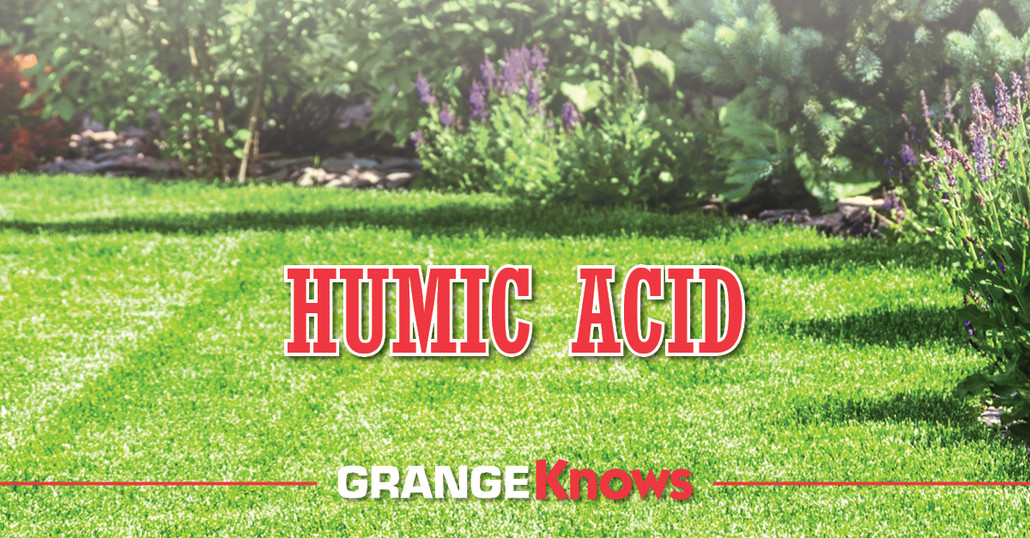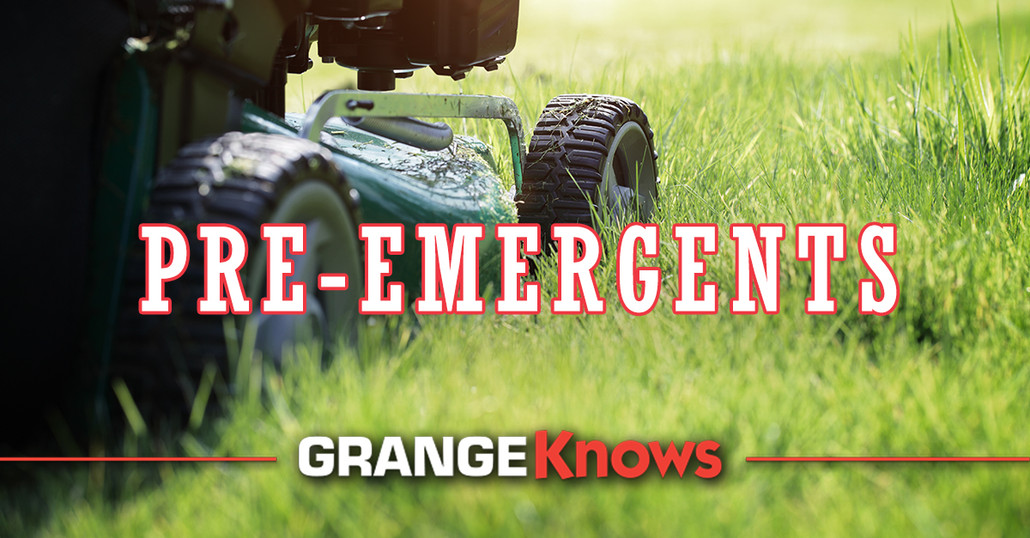Posted by Grange Co-op on 18th Jul 2019
Struggling to earn your green thumb? Or maybe all you wish for is
GREEN lawn! This GrangeKnows article will provide recommendations for
maintaining a lush lawn. We will highlight one specific trick to growing
healthy grass—soil activator humates. Used to help decompose thatch and green
up grass, humic substances are an important element to healthy, fertile soil.
WHAT ARE HUMATES?
Humates hold nutrients in a usable form and release… Read more
Posted by Grange Co-op on 26th Mar 2019
Damage from grubs can be easily misdiagnosed. They are unseen pests creating patchy dead spots of grass that often look similar to drought. This GrangeKnows article will provide you the tips and methods necessary for proper grub control.THE LIFE CYCLE OF LAWN GRUBS
The most common lawn grub in the Pacific Northwest is the larvae of the European Crane Fly. These pests prefer to feed on the roots, emerging stems and leaves of grass plants. Adu… Read more
Posted by Grange Co-op on 12th Feb 2019
EARLY SPRING LAWN CARE
February in the Pacific Northwest may not show signs of warming temperatures, but if you look closely, you may spot the early growth of crocuses, daffodils, helleborus, or even pansies. The ground is beginning to warm, which means your lawn is beginning to wake up. During this time, your grass will be hungry! It needs feeding in order to strengthen its roots and launch into the growing season. Early spring is the ideal… Read more
Posted by Grange Co-op on 22nd Dec 2018
Even though tree’s leaves have dropped, the air is cold, gardens and colorful annual blooms are long gone, one thing that should not lose its luster is your lawn. Winter is the ideal time to apply a pre-emergent herbicide. The best way to stop hard-to-kill weeds such as crabgrass and spurge is to apply a pre-emergent in the winter before they start to germinate. Remember: most pre-emergent herbicides will keep all seeds from coming up, so wait… Read more




